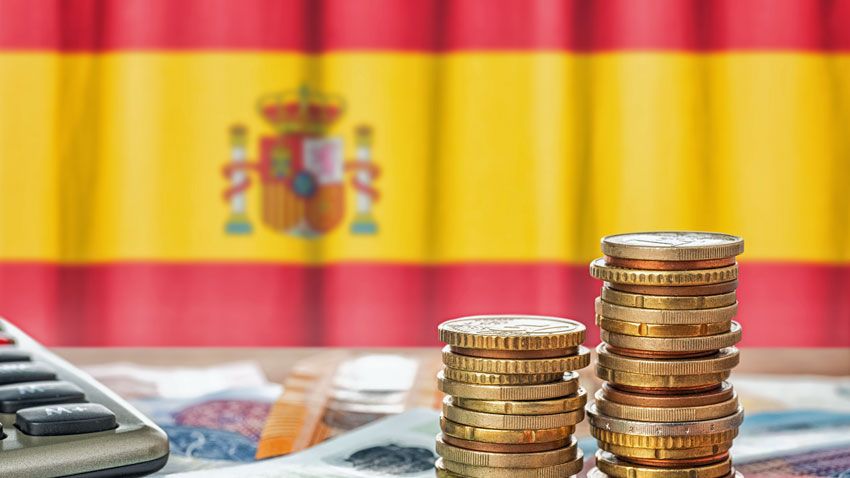Moving to Spain? Find out about the cost of living in this sunny country

The cost of living in Spain has increased in recent years, but is still lower than in other European countries. Prices in Spain depend on the region. Life is cheaper in the south than in the north.
Living in Spain
Property prices in Spain are higher than in other European countries, but are still more affordable than in other countries. Prices for renting a studio apartment in a major city can range from €500 to €1,000 per month.
Property prices in Spain
Prices of flats and houses in Spain vary greatly depending on where they are located. The average price of a flat in Spain is around EUR 1,800 per square metre. For houses, prices range from EUR 1,500 to EUR 3,000 per square metre. In some places, such as Barcelona, Madrid or Seville, prices can be even higher.
Rental prices for property in Spain
Rental prices for flats and houses in Spain vary from region to region. On the Mediterranean and in the Balearic Islands, prices tend to be higher than in other areas. Monthly rent for a flat in Spain can range from around €400 to as much as €2,500. House rent in Spain can range from €500 to as much as €3,000 per month.
Food in Spain
In Spain, the cost of living is lower than in other European countries. The average expenditure on food is between €200 and €300 per month.
The price of food in a shop in Spain depends on the type of product and where it is purchased. In general, food in Spain is relatively cheap compared to other European countries, for example, 1 loaf of wheat bread can be bought for around EUR 0.85 and 1 litre of milk for EUR 1.20.
Prices in restaurants in Spain
Prices in restaurants in Spain can vary greatly depending on the region and the type of restaurant. However, in big cities such as Madrid, Barcelona or Seville, prices are quite similar. For example, in a traditional tapas restaurant you can pay between €5 and €10 per plate. Lunch in a restaurant usually costs between €10 and €20, while in luxury restaurants you can pay up to €50 for dinner.
Transport in Spain
Transport costs are quite low compared to other European countries. The price of transport in Spain depends on the region, the type of transport and the number of kilometres travelled. For example, a bus ticket for one route within the city limits ranges from €0.60 to €6, a monthly ticket costs around €40 and an intercity train ticket from €13 to €40.
Services in Spain
Various types of services are relatively cheap, for example laundry, cleaning and maintenance are around €10 per hour of work.
Cost of living in Spain
The cost of living in Spain is higher than in many other European countries, but lower than in some other European countries. Living in Spain is relatively expensive, especially in the larger cities such as Madrid and Barcelona. The price of housing is high, which means that it is quite an expensive place to live. However, compared to other European countries, the cost of living in Spain is generally lower. Food and drinks are relatively cheap and public transport costs are affordable. However, some costs of living in Spain are higher than in other countries, including high property tax, high fuel prices and high health insurance rates.
Moving to Spain in a nutshell
If you are planning to move to Spain, you will need to obtain a visa in the first instance. If you are planning to emigrate permanently, you will need to obtain the necessary visa to live in Spain. If you are only coming to Spain for a short stay, you will need to obtain a tourist or other type of visa.
The next step is to set up your visa at the immigration office in Spain. You must have all the required documents. Once you have obtained your visa, you must register with the municipal office of the place where you intend to live.
Another important issue is to find your place of residence and obtain an NIE number. The NIE number is needed for a number of activities, such as opening a bank account or concluding a tenancy agreement.
The next step is to find a job. You can find a job in Spain, but you must have a valid visa and NIE number.
Once you have found a job, you need to register with the tax office. You must fill in a form and pay tax on your income.
The last step is to register with the National Health Service. You need to fill in a form and choose the right insurance plan. Translated with www.DeepL.com/Translator (free version)
